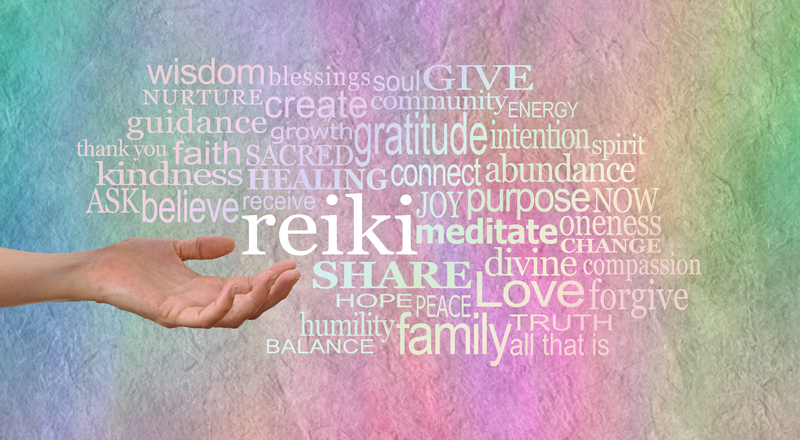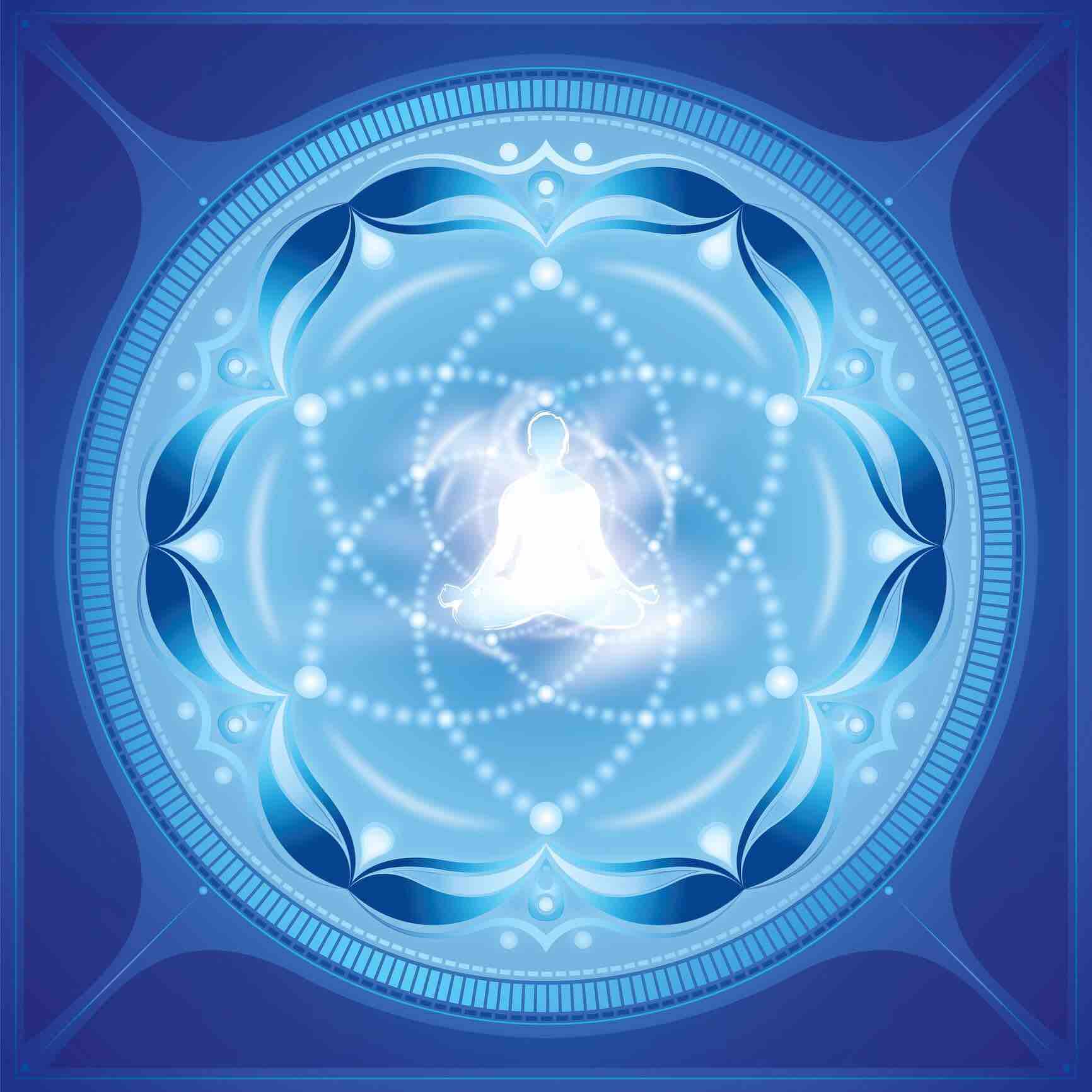What is Karma? And why does it seem to be working against me?
Have you thought this before?
The principle of Karma eludes many people nowadays. In order to understand it in depth, we need to stop believing fantasies and get real about how the universe and spiritual reality work. In this article, we will delve deeper into this mysterious idea.
Karma is often spoken about in hushed tones, as though it’s a magical force that we don’t quite understand. But the truth is, karma is a very real concept and one that can be harnessed to create positive change in our lives.
So what exactly is karma?
First, let’s define what Karma actually is. The word “Karma” comes from the Sanskrit karman, which means “action, work or deed.” It is often spoken about as being the result of your actions – what goes around comes around, and you will be rewarded or punished in your next life based on your actions in this one.
This spiritual law is often described as a form of cosmic justice. It is the belief that what you put out into the universe will come back to you. This could be in the form of good fortune or bad luck. For example, if you do something good, you may receive good karma. Alternatively, if you do something bad, you may receive bad karma.
The concept of karma originated in India and is a central tenet of Hinduism, Buddhism, and Jainism. These religions teach that our actions have consequences and that we are each responsible for our own destiny. The law of karma is often described as “ancient” or “wisdom from the East.”
However, the principle of karma is not just an Eastern belief; it is also found in Western religions such as Christianity and Judaism. In the Bible, there are numerous examples of karma, such as “Do unto others as you would have them do unto you” and “What goes around comes around.”

Moreover, Karma is often spoken about in the context of reincarnation – what goes around comes around, and you will be rewarded or punished in your next life based on your actions in this one. This is a simplistic way of looking at things, and it’s not really accurate.
This is because your soul does not remember what you did in a previous life, so how could it be punished or rewarded for those deeds? Instead, Karma is more like cause and effect; your actions have consequences, both good and bad. Eventually, all tabs are paid.
The truth is that whether you believe in karma or not, it doesn’t change the fact that your actions have consequences. What you put out into the world will come back to you, whether that’s in this life or the next.
How Does Karma Work?
The mechanics of how karma works are often shrouded in mystery. Many people believe that there is some sort of cosmic force at work that keeps track of our deeds and metes our punishment or reward accordingly. Others believe that it is simply a matter of cause and effect; our actions have consequences, period.
So if you’re looking for a concrete answer to the question “how does karma work,” I’m afraid you’re out of luck.
As we said before, Karma is like cause and effect; your actions have consequences, both good and bad. If you do something good, something good will happen to you as a result. This could be anything from getting a promotion at work to meeting your soulmate. Of course, sometimes bad things happen to good people and vice versa and it could be to purify them in this lifetime; this is because we are all connected, and our actions can have an impact on others even if we don’t realize it.
Is There Such a Thing as Good Karma and Bad Karma?
Karma is often described as a form of cosmic justice. This led many people to believe that there is such a thing as good karma and bad karma. The belief is that if you do something good, you will receive good fortune in return; if you do something bad, however, you will be punished accordingly.
However, there is no such thing as good karma and bad karma. Karma is simply the belief that what goes around comes around; it’s simply neutral. What matters is your intention; if your intention is good, then your actions will have positive consequences regardless of whether they are considered “good” or “bad.” For example, if you help someone without expecting anything in return, then you are doing a good deed regardless of whether or not it benefits you directly.

Simply put, karma is the law of cause and effect. Every action we take has a reaction, and that reaction will come back to us in some way, shape, or form. This could manifest as either positive or negative experiences, but ultimately it’s up to us to determine which path we want to take. This is a very deep lesson.
If we want to create positive change in our lives, then we need to start by taking positive actions. This could mean anything from smiling at a stranger on the street to volunteering our time at a local charity. It doesn’t matter how big or small the act is, what matters is the intention behind it. When we act from a place of love and compassion, good things will come back to us.
On the other hand, if we choose to act from a place of anger or hatred, then we can expect negative experiences to come our way. This could manifest as arguments with loved ones, losing our job, or getting sick. It’s important to remember that we always have a choice in how we react to life’s challenges, and that choice will determine what kind of karma we create for ourselves.
Conclusion:
So the next time you find yourself feeling down on your luck, remember that it’s never too late to turn things around. Start by making small changes in your daily life and see how they impact your overall well-being. With time and patience, you’ll begin to see the law of karma working its magic in your life.
As we saw, Karma is often spoken about as being the result of your actions – what goes around comes around, and you will be rewarded or punished in your next life based on your actions in this one.
Keep this in mind the next time you are tempted to do something that you know you shouldn’t!






